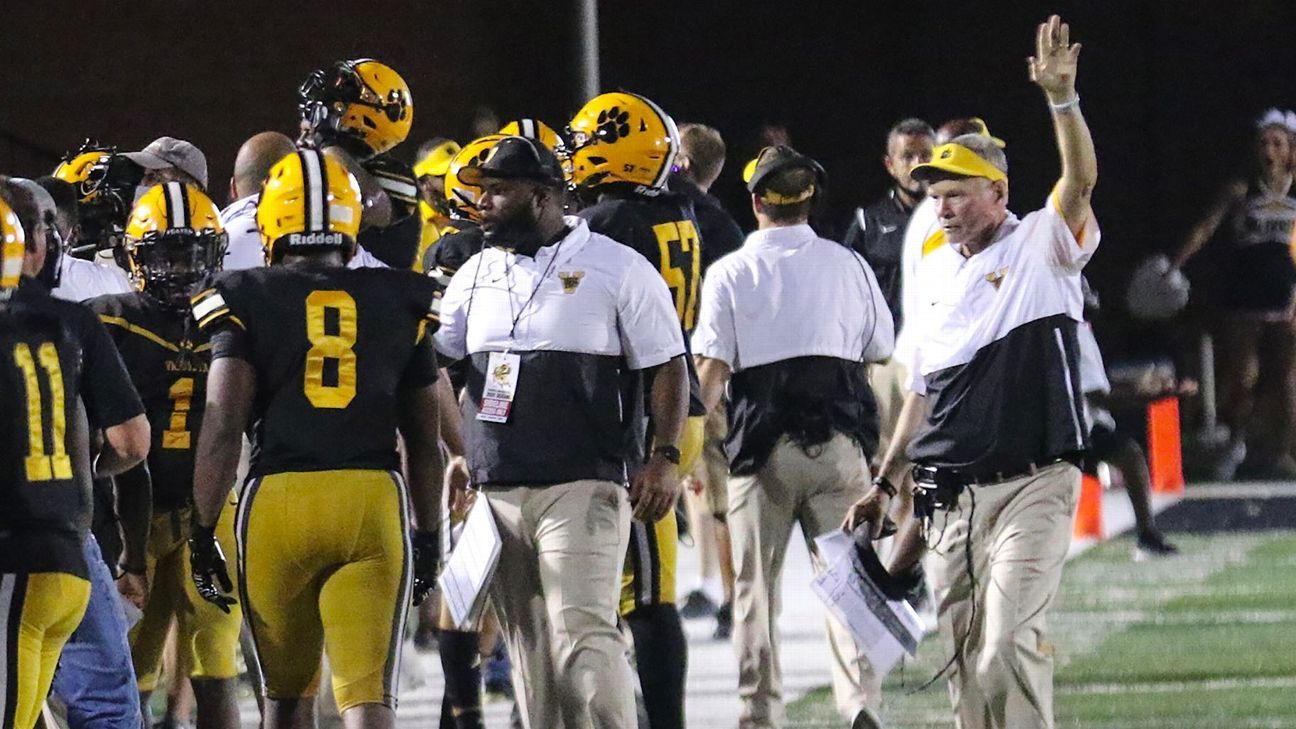Does the gift tax form require to specify the recipient? One would think so for accountability of the recipient to pay taxes on said gift.
It's a bit of a misdirect here.
If you gave a bunch of people $10K gifts, you don't have to file a gift tax return.
If you give a bunch of people $50K gifts, you should file a gift tax return, and then you reduce your (eventual) estate tax deduction.
For the record, it is generally the GIVER who pays the gift tax.
Also, even if gift tax is not imposed, you should still FILE.
A gift tax is a tax imposed on the transfer of ownership of property during the giver's life. The United States Internal Revenue Service says that a gift is "Any transfer to an individual, either directly or indirectly, where full compensation (measured in money or money's worth) is not received in return."[1]
When a taxable gift in the form of cash, stocks, real estate, or other tangible or intangible property is made, the tax is usually imposed on the donor (the giver) unless there is a retention of an interest which delays completion of the gift. A transfer is "completely gratuitous" when the donor receives nothing of value in exchange for the given property. A transfer is "gratuitous in part" when the donor receives some value but the value of the property received by the donor is substantially less than the value of the property given by the donor. In this case, the amount of the gift is the difference.
In the United States, the gift tax is governed by Chapter 12, Subtitle B of the Internal Revenue Code. The tax is imposed by section 2501 of the Code.[2] For the purposes of taxable income, courts have defined a "gift" as the proceeds from a "detached and disinterested generosity."[3] Gifts are often given out of "affection, respect, admiration, charity or like impulses."[4]
Generally, if an interest in property is transferred during the giver's lifetime (often called an inter vivos gift), then the gift or transfer would not be subject to the estate tax. In 1976, Congress unified the gift and estate tax regimes, thereby limiting the giver's ability to circumvent the estate tax by giving during his or her lifetime. Some differences between estate and gift taxes remain, such as the effective tax rate, the amount of the credit available against tax, and the basis of the received property.
Exemptions
There are two levels of exemption from the gift tax. First, gifts of up to the annual exclusion ($14,000 per recipient for the years 2013 thru 2017 and $15,000 for 2018 thru 2020)[7] incur no tax or filing requirement. By splitting their gifts, married couples can give up to twice this amount tax-free. Each giver and recipient pair has its own annual exclusion; a giver can give to any number of recipients and the exclusion is not affected by other gifts that recipient may have received from other givers.
Second, gifts in excess of the annual exclusion may still be tax-free up to the lifetime estate basic exclusion amount ($11.58 million for 2020).[8] For estates over that amount, however, such gifts might result in an increase in estate taxes.
Taxpayers that expect to have a taxable estate may sometimes prefer to pay gift taxes as they occur, rather than saving them up as part of the estate.